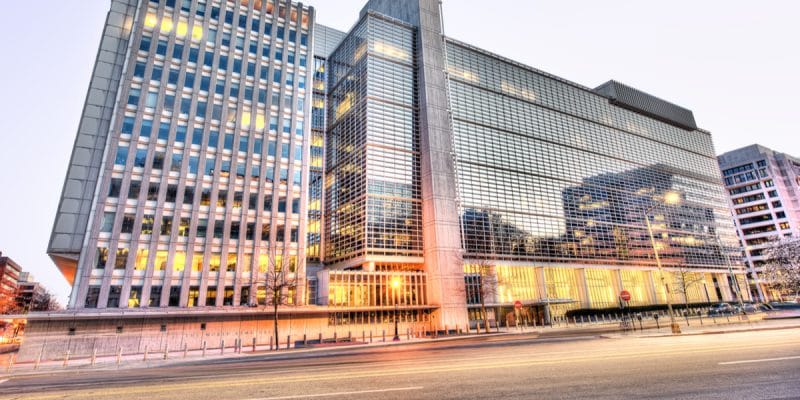The World Bank Group is releasing its roadmap for climate action in the Middle East and North Africa (MENA), which runs from 2021 to 2025. The document proposes building resilient, low-carbon societies in one of the most vulnerable regions to climate change.
The World Bank Group unveils its strategy for climate action in the Middle East and North Africa (MENA) region. The roadmap released on January 24, 2022, focuses on four key areas of transformation to build resilient, low-carbon societies. These are safeguarding food systems, water security, and resilient natural capital; promoting energy transition and low-carbon mobility; promoting climate smart cities and resilient coastal economies; and promoting sustainable financing for climate action.
Striving to unite climate action and development, the 2021-2025 Roadmap for Climate Action in the MENA Region is aligned with the World Bank’s Climate Change Action Plan and its commitment to drive climate action. Between 2021 and 2025, the bank intends to invest $10 billion in climate-smart projects and policy reforms in the MENA region, mobilizing an additional $2 billion in private sector financing. And 50% of this funding will be directed to interventions that help build resilience to climate change, with the aim of balancing funding between adaptation and mitigation.
Read also-EGYPT: The World Bank finances the fight against air pollution in Cairo
Arab countries are already experiencing the dramatic effects of climate change, which could lead to longer and more widespread heat waves if left unchecked, making some areas unliveable and some soils unsuitable for agriculture. According to the World Bank, the heat island effect will be increasingly felt in cities, and most capitals in the Middle East and North Africa could experience heat waves lasting an average of four months. These rising temperatures will put intense pressure on already scarce crops and water resources, both of which could increase migration and the potential for conflict.
Boris Ngounou







